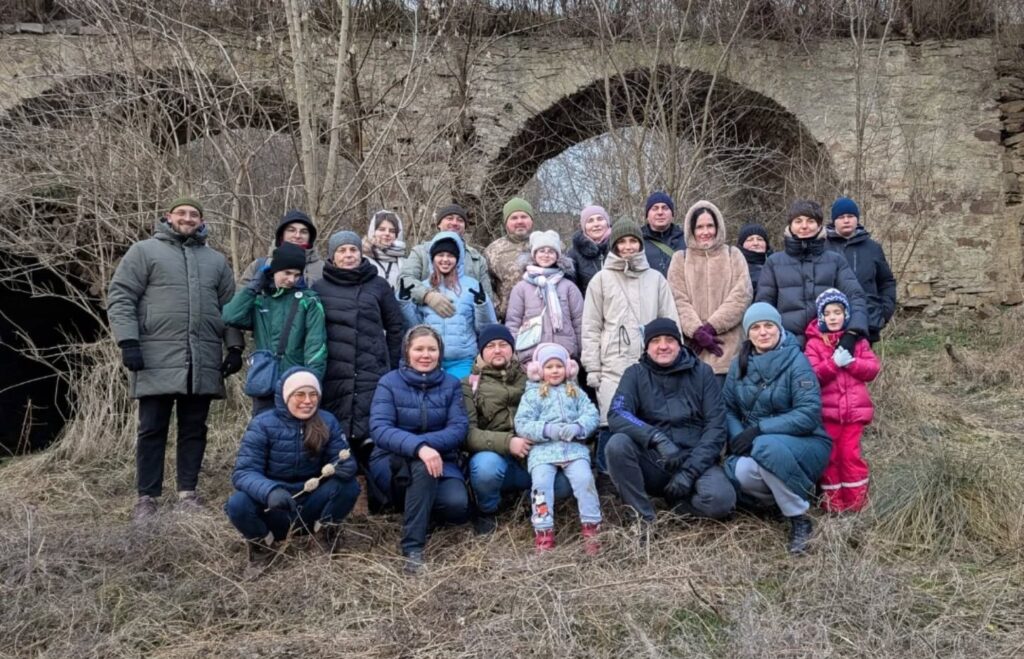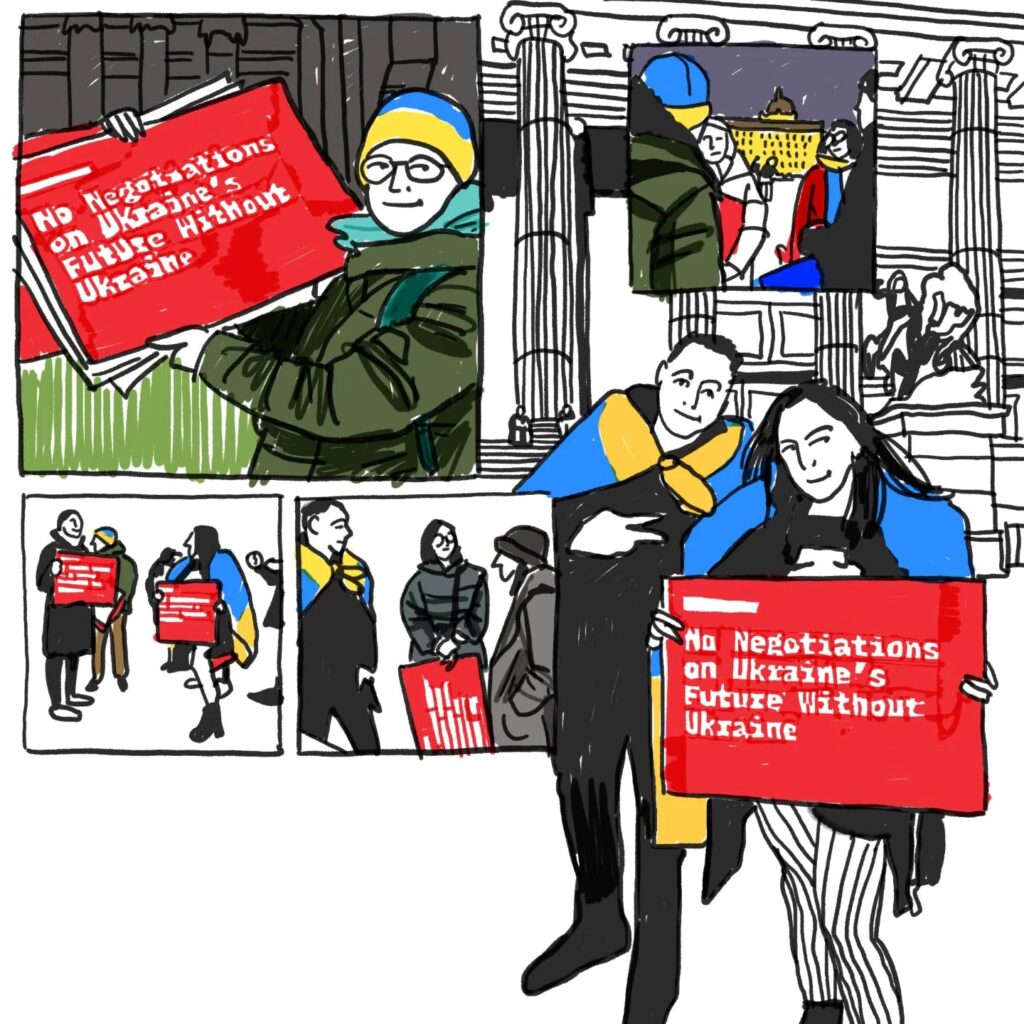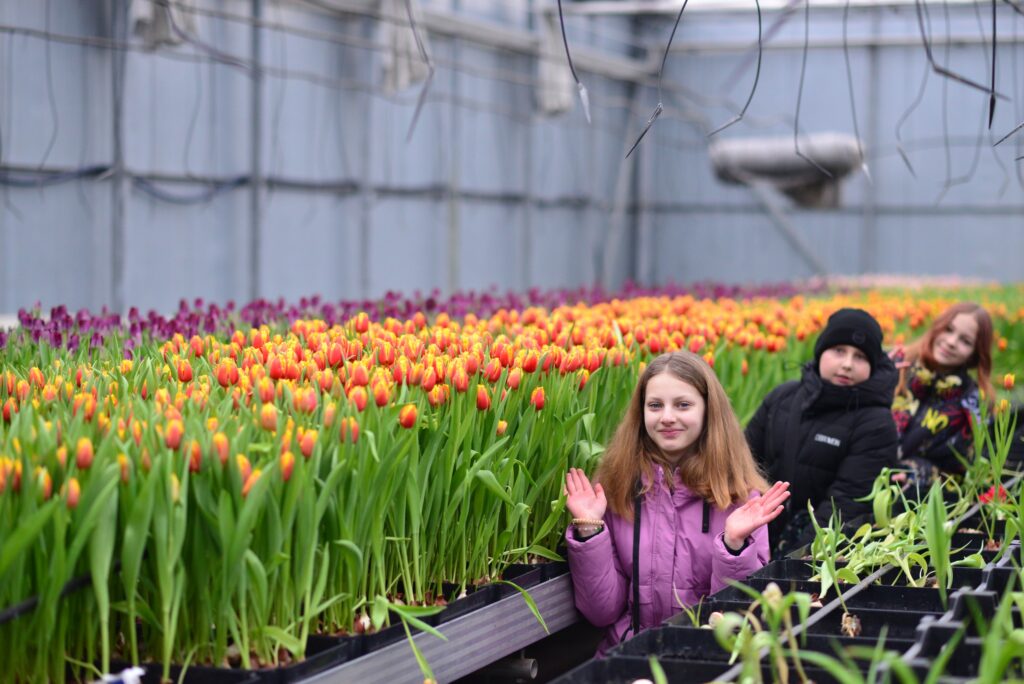Environmental Safety in Central Asian Cities: MoveGreen research
Within the framework of the project “Strengthening the EkoNet network of NGOs on climate and environmental protection in Eastern Europe and Central Asia”, the Kyrgyz environmental organization MoveGreen with the support of Austausch e.V. and Bread for the World prepared a survey “Environmental Security in Central Asian cities” (rus). Here are the main points of the research.
Central Asia (Kazakhstan, Kyrgyzstan, Tajikistan, Uzbekistan) faces serious environmental challenges related to climate change. Rising temperatures, changes in precipitation patterns, and extreme weather events negatively impact cities where a significant portion of the population resides. Urbanization and population growth increase pressure on infrastructure and worsen the environmental situation.
Climate Change
The average temperature in the region has increased by 1-2°C over the last 100 years, exceeding global averages. Major cities experience the “urban heat island” effect, leading to higher temperatures and deteriorating living conditions.
Air Quality
- Air pollution in Central Asian cities significantly exceeds WHO standards.
- Main pollution sources: coal combustion, industry, and vehicle emissions.
- In 2023, Tajikistan ranked 4th in the world for air pollution, Kyrgyzstan – 18th, Uzbekistan – 23rd, and Kazakhstan – 40th.
- Solutions: transition to clean energy, development of public transport, and expansion of green spaces.
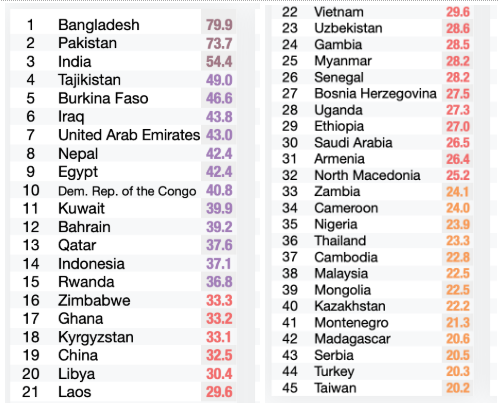
Ranking of countries by air pollution according to IQAir platform
Sustainable Transport
- Increasing vehicle numbers worsen air quality and road congestion.
- Public transport requires modernization (electric buses, metro, cycling infrastructure).
- Developing a multimodal transport system and transitioning to eco-friendly modes of transport is essential.
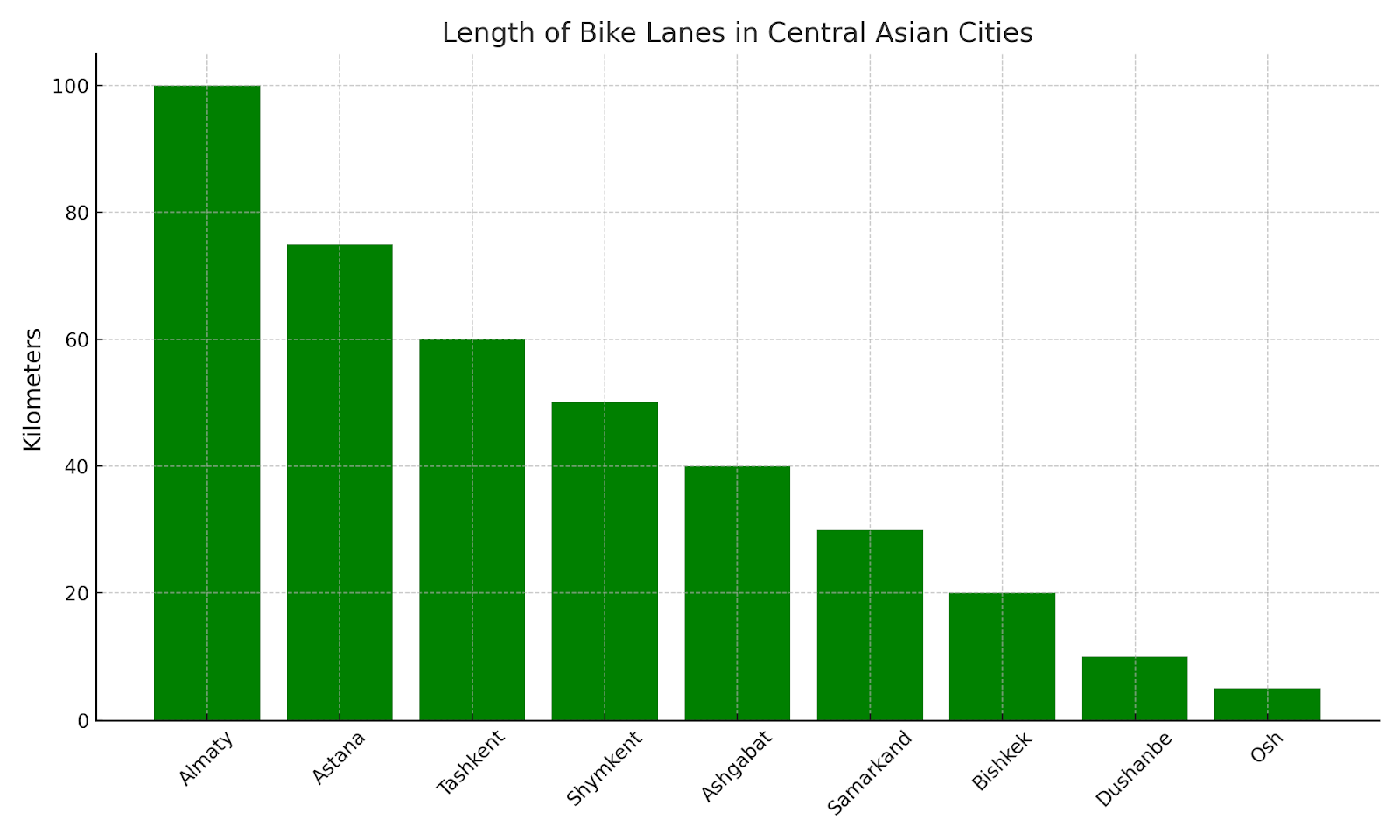
Energy Efficiency and Renewable Energy
- Most buildings in the region are not energy-efficient, leading to high heating and cooling costs.
- The development of renewable energy sources (solar, hydro, wind) is slow but has significant potential.
- It is crucial to promote housing modernization programs and implement energy-saving technologies.

Renewable energy potential in Central Asia. Source: OSCE 2022
Urban Greening
- Cities suffer from a lack of green spaces, exacerbating the “urban heat island” effect.
- Programs are needed to expand greenery, create parks, and introduce sustainable irrigation systems.
Greening Percentage in Central Asian Cities
- Tashkent (Uzbekistan) – 36% greenery, area ≈ 325 km²
- Bishkek (Kyrgyzstan) – 27% greenery, area ≈ 170 km²
- Samarkand (Uzbekistan) – 20% greenery, area ≈ 110 km²
- Shymkent (Kazakhstan) – 19% greenery, area ≈ 120 km²
- Dushanbe (Tajikistan) – 18% greenery, area ≈ 125 km²
- Almaty (Kazakhstan) – 25% greenery, area ≈ 680 km²
- Astana (Kazakhstan) – 15% greenery, area ≈ 800 km²
Waste Management
- Waste volumes in Central Asian cities are increasing, but recycling remains at a low level (<10%).
- Modern waste recycling technologies and government initiatives can improve the situation.
Conclusions and Recommendations
To ensure environmental safety in Central Asian cities, it is necessary to:
- Implement energy-saving technologies and develop renewable energy sources.
- Develop sustainable transport, including public and cycling infrastructure.
- Improve air quality by reducing emissions from industry and transport.
- Expand green areas to mitigate temperature effects and enhance urban environments.
- Implement modern waste management and recycling systems.
- Foster intersectoral cooperation, attract investments, and raise public awareness of the importance of environmental sustainability.
A comprehensive approach to these issues will help create safe and comfortable living conditions in Central Asian cities.


